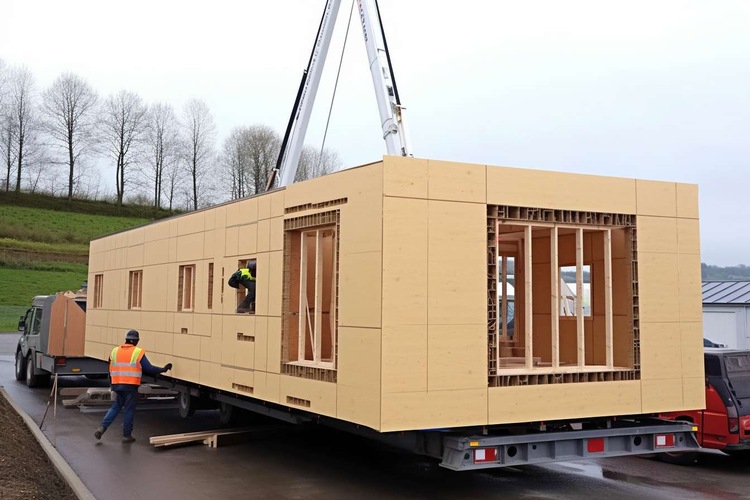Discover Screwless Implants for Effective Tooth Replacement
Tooth loss can significantly impact quality of life, affecting everything from eating and speaking to self-confidence. For seniors seeking tooth replacement solutions, screwless dental implants represent an innovative alternative to traditional implant methods. Unlike conventional implants that require surgical insertion of titanium screws into the jawbone, screwless options offer a less invasive approach that may be particularly suitable for elderly patients with specific health considerations or bone density concerns.

As dental technology advances, screwless implants have emerged as a promising option for those seeking effective tooth replacement without the traditional surgical procedures. These innovative solutions address many concerns that seniors face when considering dental restoration, offering benefits that extend beyond the technical aspects of the procedure itself.
What Are Screwless Dental Implants and How Do They Work?
Screwless dental implants, also known as screw-free or press-fit implants, represent a departure from conventional implant methodology. Traditional dental implants involve threading a titanium screw into the jawbone, which then fuses with the bone through a process called osseointegration. Screwless alternatives utilize different mechanisms, such as friction-fit technology, compression techniques, or specialized surface treatments that allow the implant to stabilize without threaded components. Some designs feature smooth-surfaced posts that are press-fitted into prepared sites, while others use biocompatible materials that encourage natural bone growth around the implant body. The reduced surgical trauma associated with these methods can lead to shorter healing times and less post-operative discomfort, making them an attractive option for patients who may not be ideal candidates for traditional procedures.
Are Screwless Implants Suitable for Elderly Patients?
Elderly patients often face unique challenges when considering dental implants, including reduced bone density, systemic health conditions, and concerns about lengthy recovery periods. Screwless implants can address several of these issues effectively. The less invasive nature of the procedure typically means reduced surgical time, which benefits patients with conditions that make prolonged procedures risky. Additionally, because some screwless systems require less bone depth or density than traditional threaded implants, they may be viable for seniors who have experienced bone resorption over time. The simplified placement procedure can also reduce the risk of complications during surgery. However, suitability varies by individual case, and factors such as overall health, oral hygiene, remaining bone structure, and specific medical conditions must be carefully evaluated by a qualified dental professional before proceeding with any implant treatment.
Finding Affordable Screwless Implants in Ireland
The cost of dental implants represents a significant consideration for many seniors, particularly those on fixed incomes or pensions. In Ireland, dental implant costs can vary considerably based on location, provider expertise, materials used, and the complexity of individual cases. Screwless implants may offer cost advantages in some situations due to simplified surgical procedures and potentially reduced treatment time, though this is not universally the case.
| Provider Type | Services Offered | Cost Estimation |
|---|---|---|
| Private Dental Clinics | Comprehensive implant services including consultation, imaging, placement, and crown | €1,800 - €3,500 per implant |
| Dental Hospitals | Full implant procedures with specialist oversight and advanced facilities | €2,000 - €3,800 per implant |
| Specialist Implant Centers | Focused implant services with various options including screwless alternatives | €1,500 - €3,200 per implant |
| University Dental Schools | Treatment by supervised students with specialist guidance, often at reduced rates | €1,200 - €2,500 per implant |
Prices, rates, or cost estimates mentioned in this article are based on the latest available information but may change over time. Independent research is advised before making financial decisions.
Many dental practices in Ireland offer payment plans or financing options to make implant treatment more accessible. Some seniors may also have private dental insurance that covers a portion of implant costs, though coverage varies significantly between policies. It is advisable to obtain detailed quotes from multiple providers and inquire about all available payment options before committing to treatment.
What Are the Benefits and Considerations of Screwless Technology?
Screwless implants offer several potential advantages beyond reduced surgical invasiveness. The absence of threaded components can simplify the placement procedure, potentially reducing chair time and immediate post-operative discomfort. Some patients report faster initial recovery periods, though long-term success rates depend on proper osseointegration regardless of implant type. The simplified design may also reduce the risk of certain mechanical complications associated with threaded implants, such as screw loosening or fracture. However, screwless implants are not suitable for every situation. They may have limitations in cases requiring immediate loading or in sites with very poor bone quality. The technology is also newer than traditional threaded implants, meaning long-term outcome data spanning decades is less extensive. Patient selection remains crucial, and thorough evaluation by an experienced implant dentist is essential to determine the most appropriate treatment approach for individual circumstances.
How to Prepare for a Screwless Implant Procedure
Proper preparation enhances the likelihood of successful outcomes with any dental implant procedure. Before treatment, patients should undergo comprehensive evaluation including clinical examination, medical history review, and diagnostic imaging such as CT scans or panoramic radiographs. These assessments help determine bone quality, quantity, and the precise positioning required for optimal results. Seniors should disclose all medications, supplements, and health conditions to their dental team, as certain factors may require treatment modifications or additional precautions. In the weeks leading up to the procedure, maintaining excellent oral hygiene is essential, as is following any specific pre-operative instructions provided by the dental practice. Some patients may require preliminary treatments such as bone grafting, sinus lifts, or treatment of existing periodontal disease before implant placement can proceed. Understanding the full treatment timeline, including healing periods and subsequent restoration phases, helps patients plan appropriately and maintain realistic expectations throughout the process.
Maintaining Your Screwless Implants for Long-Term Success
Once screwless implants are successfully placed and restored, proper maintenance becomes essential for longevity. Implants themselves cannot develop cavities, but the surrounding gum tissue and bone remain susceptible to infection and inflammation. Daily oral hygiene should include gentle brushing twice daily with a soft-bristled toothbrush, careful flossing or use of interdental brushes around implant sites, and possibly antimicrobial mouth rinses as recommended by your dentist. Regular professional cleanings and examinations, typically every six months, allow early detection of any developing issues such as peri-implantitis, a condition similar to gum disease that affects implant-supporting tissues. Seniors should also be mindful of systemic health factors that can impact implant success, including diabetes management, smoking cessation, and adequate nutrition to support bone health. With proper care and regular professional monitoring, screwless implants can provide many years of functional and aesthetic benefits, significantly improving quality of life for seniors who have experienced tooth loss.
This article is for informational purposes only and should not be considered medical advice. Please consult a qualified healthcare professional for personalized guidance and treatment.




